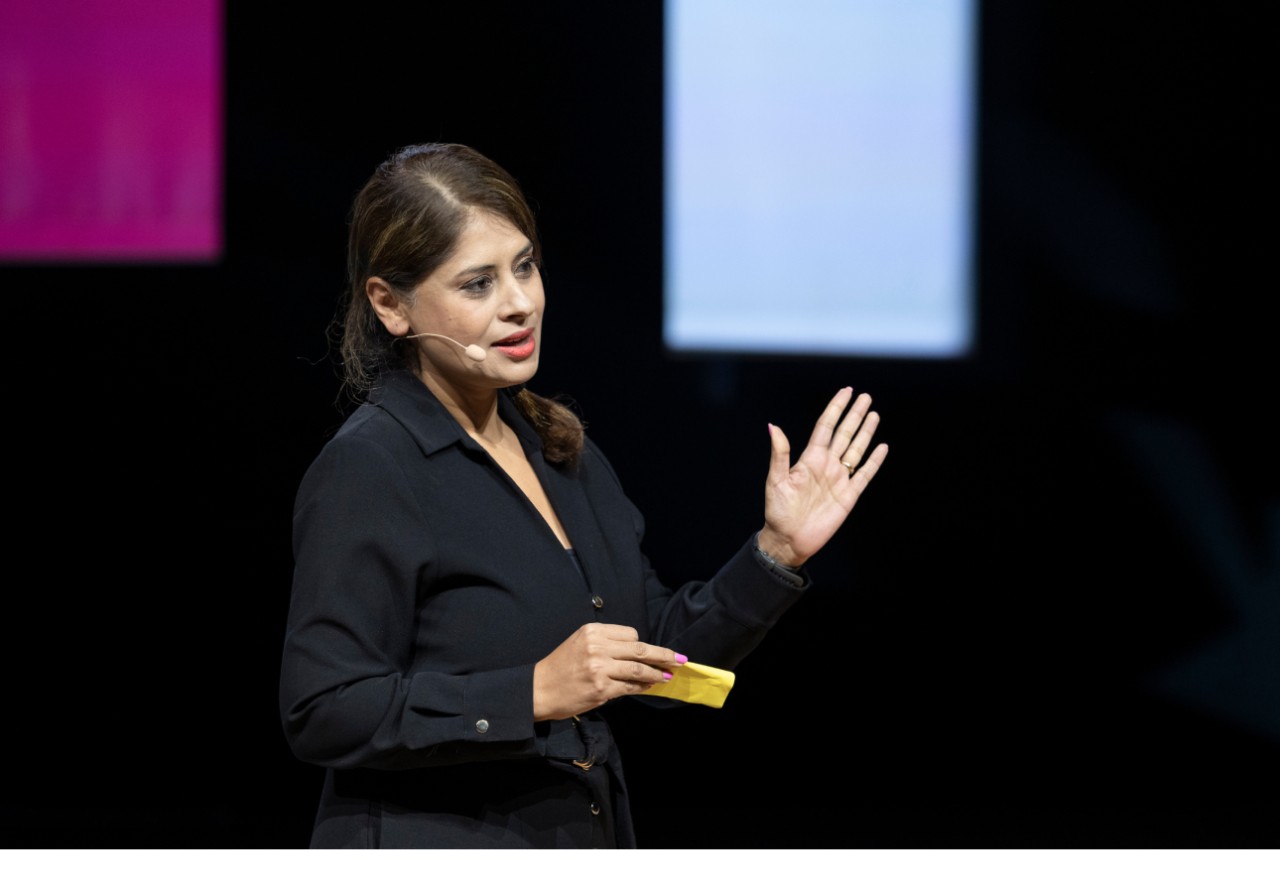€3,000 excl. VAT
(excluding accommodation and transport costs)

€3,000 excl. VAT
(excluding accommodation and transport costs)
Danone and L’Oréal launched an Asian edition in 2014 to better address the talent war in the region. Partner companies are committed to diversity and contribute by sending over 30 participants each, forming a dynamic network of professionals ready to support one another and drive meaningful change within their organizations. This inter-company seminar encourages openness and facilitates more meaningful exchanges.

